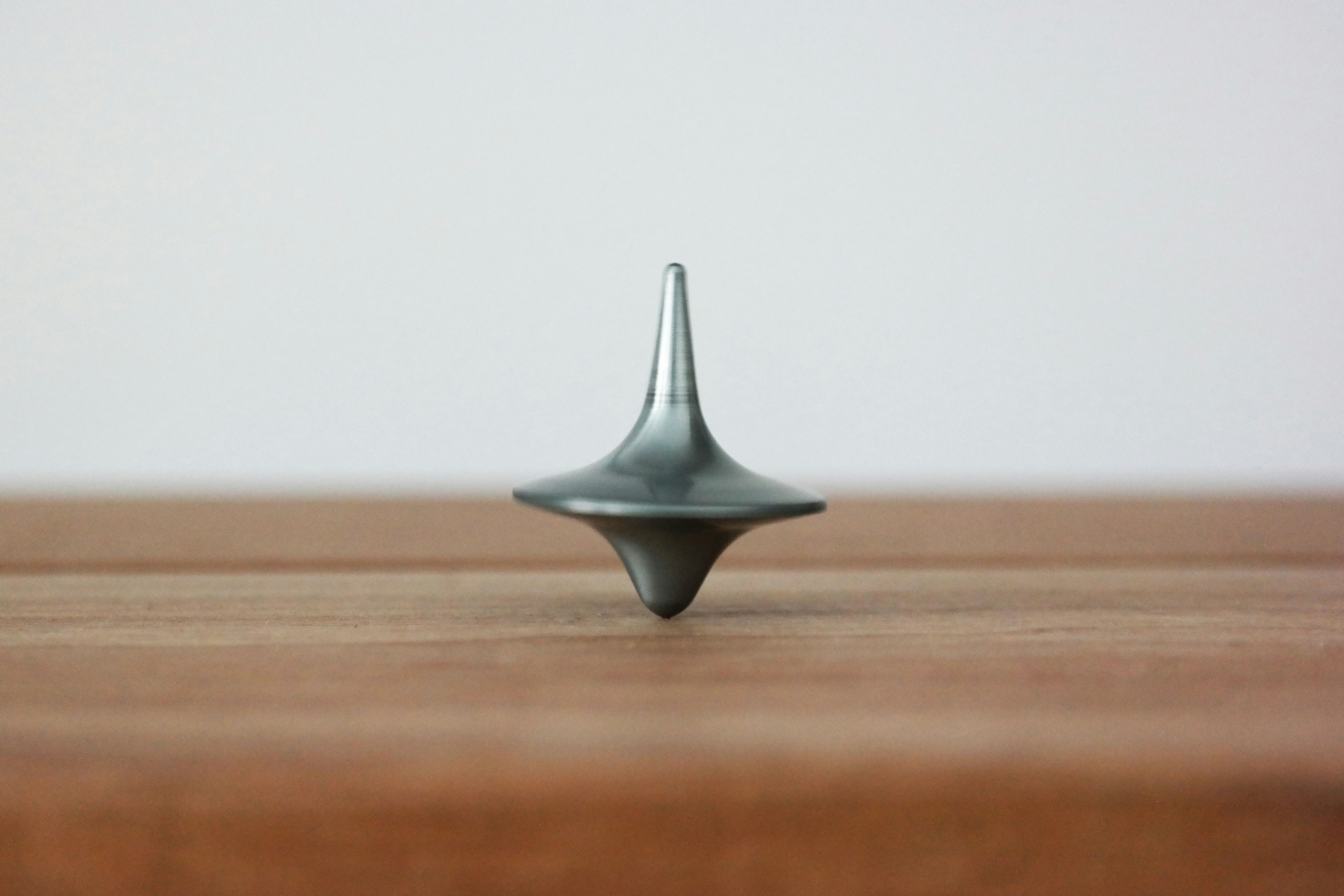Burnout is a state of emotional, physical, and mental exhaustion caused by prolonged or excessive stress. It's more than just feeling tired after a long day; it's a gradual erosion of your well-being that can significantly impact your work and personal life.
Psychology of Burnout
According to the World Health Organization (WHO), burnout is characterized by three key dimensions:
Exhaustion: This is the core element of burnout, characterized by feeling emotionally and physically drained. You might experience constant fatigue, a lack of energy, and a sense of depleted resources.
Cynicism: Burnout can lead to cynicism or detachment from your work. You might lose enthusiasm for your job, develop negative attitudes towards colleagues, and feel a sense of meaninglessness about your work.
Reduced Professional Efficacy: Burnout can chip away at your sense of competence and accomplishment. You might doubt your abilities, experience a decline in performance, and lose confidence in your work.
Recognizing the Signs
Burnout can manifest in various ways, both physically and emotionally. Here are some common signs to watch out for:
Physical Symptoms: Fatigue, headaches, muscle tension, changes in sleep patterns, frequent illness.
Emotional Symptoms: Irritability, anxiety, depression, apathy, cynicism, feeling overwhelmed.
Behavioral Changes: Increased withdrawal from social interactions, neglecting responsibilities, taking on bad habits (overeating, substance abuse), decreased productivity.
Attitudes Towards Work: Loss of motivation, procrastination, difficulty concentrating, feeling like nothing is ever good enough, increased cynicism towards colleagues or clients.
It's important to note
Burnout can develop gradually, so it's crucial to pay attention to these subtle signs. Early intervention is key to preventing burnout from escalating and impacting your well-being.
If you're experiencing some of these signs, don't hesitate to seek help. Talk to a therapist, coach, or trusted friend. Consider stress management techniques like mindfulness exercises, relaxation techniques, or changes to your work-life balance. Remember, prioritizing your well-being is essential for preventing burnout and living a fulfilling life.
For more information, Dr. Christina Maslach has an insightful presentation about understanding job burnout.




